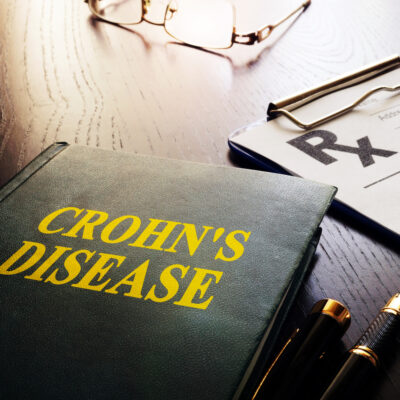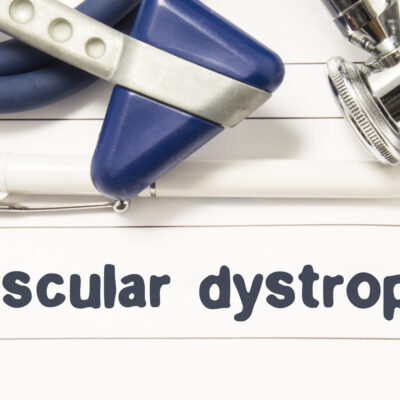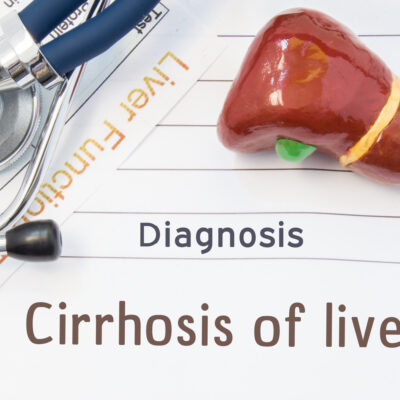
Health
Treatment for Crohn’s disease
Crohn’s disease is an inflammatory bowel disease that affects the gastrointestinal tract, causing cramps, abscesses in the gut, anal fissures, rectal bleeding while passing stools, rapid weight loss, and extreme fatigue. While the cause for the disease is unknown, research shows that about 10 percent of the people suffering from Crohn’s disease have a blood relative with the condition as well. Treatment options There is no known cure for Crohn’s disease as of now, but there are various treatment options for patients to reduce and control the symptoms and manage the disease. The goal is to reduce inflammation that triggers most symptoms and avoid or address complications to prevent long-term remission. Medication Anti-inflammatory medication is the first step to address the symptoms of Crohn’s disease. These include antibiotics, corticosteroids, and aminosalicylates. Antibiotics : These may be prescribed by the gastroenterologist to address infections and complications that arise from Crohn’s disease. Corticosteroids : These work to reduce inflammation in the body, but not everyone with Crohn’s disease responds to corticosteroids. They are usually used for a short period to improve the symptoms and put the person on remission. Aminosalicylates : Either taken orally or administered rectally, aminosalicylates are used to reduce the inflammation of the small intestines.
Read More 















